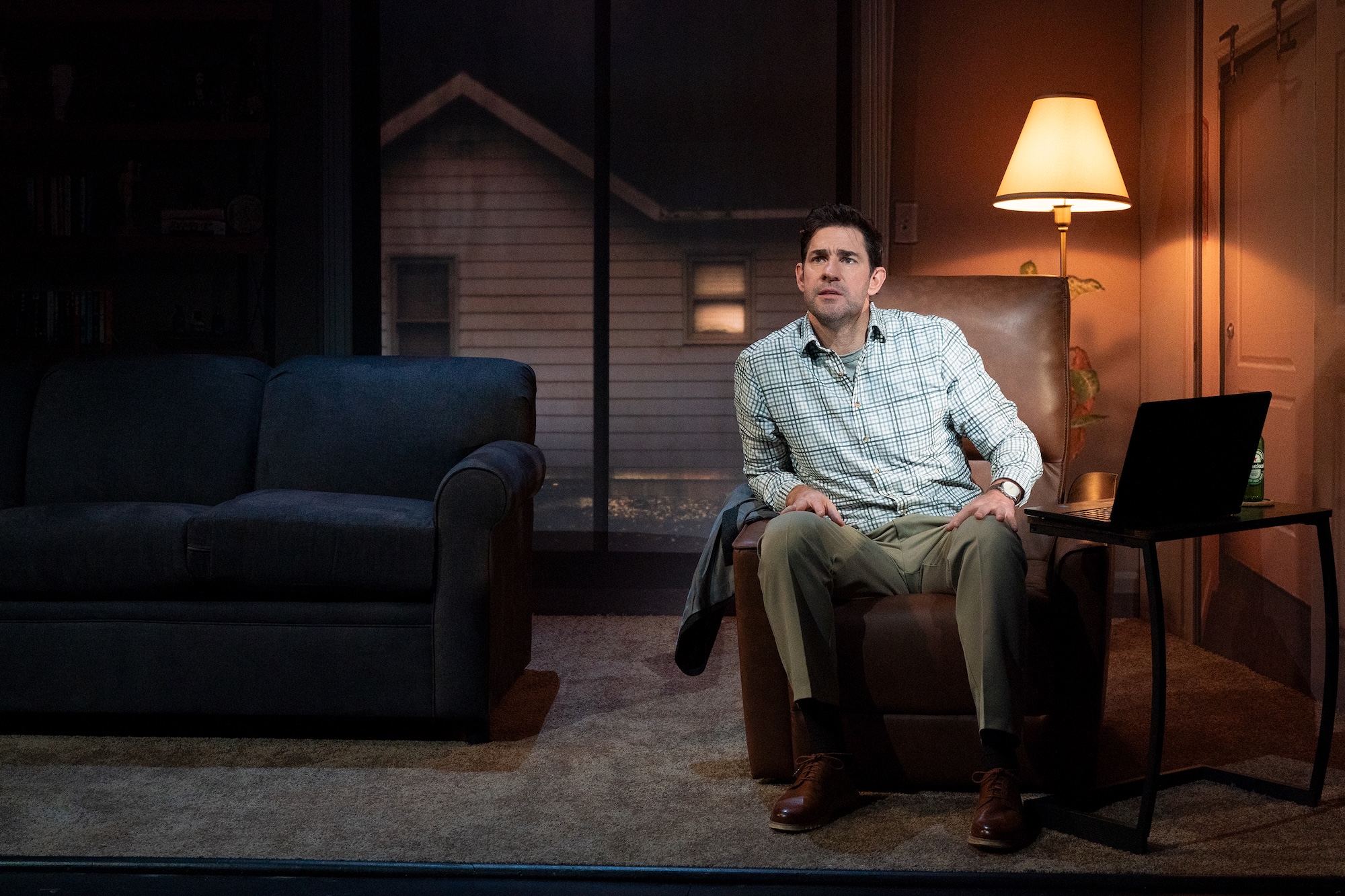Exploring Complex Emotions in 'Angry Alan'
The film 'Angry Alan' features Roger's character navigating vulnerability and resentment, with John Krasinski's performance highlighting emotional depth without endorsing negative traits.
Subscribe to unlock this story
We really don't like cutting you off, but you've reached your monthly limit. At just $5/month, subscriptions are how we keep this project going. Start your free 7-day trial today!
Get StartedHave an account? Sign in
Overview
- Roger's character in 'Angry Alan' transitions from vulnerability to resentment, illustrating a complex emotional journey.
- The film seeks to understand Roger's pain while not endorsing his bigotry and entitlement.
- John Krasinski's portrayal is celebrated for effectively conveying the character's emotional complexity.
- Critics highlight the balance between showcasing cluelessness and self-pity in Krasinski's performance.
- The film prompts discussions on empathy and the challenges of understanding flawed characters.
Report issue

Read both sides in 5 minutes each day
Analysis
Emphasizes the crisis facing modern men in contemporary society.
Articles (3)
Center (1)
FAQ
Roger transitions from vulnerability—due to his divorce, job loss, and strained relationship with his son—to resentment, believing societal biases favor women. His journey is complex because he internalizes anger from online influences and struggles to reconcile his emotional pain with the harmful rhetoric he adopts, all while remaining relatable to some audience members.
John Krasinski’s performance is celebrated for conveying emotional depth and complexity, balancing Roger’s cluelessness and self-pity while making him believable and human. He highlights the character's vulnerability and internal conflict without endorsing his negative traits[5].
'Angry Alan' aims to understand the root of Roger’s pain and emotional turmoil but does not endorse his bigotry or entitlement. The narrative challenges audience empathy by depicting his flawed character but ultimately condemns the harmful rhetoric he absorbs[5].
Through Roger’s experiences with divorce, job loss, and online radicalization, the story examines issues like male vulnerability, online extremism, and societal expectations, prompting reflection on empathy and the dangers of online echo chambers[3].
Roger’s exposure to online groups like those led by “Angry Alan” sharpens his resentment and narrows his worldview, reinforcing his sense of injustice and leading him to adopt extreme and erroneous conclusions about society’s treatment of men[4].
History
- This story does not have any previous versions.



